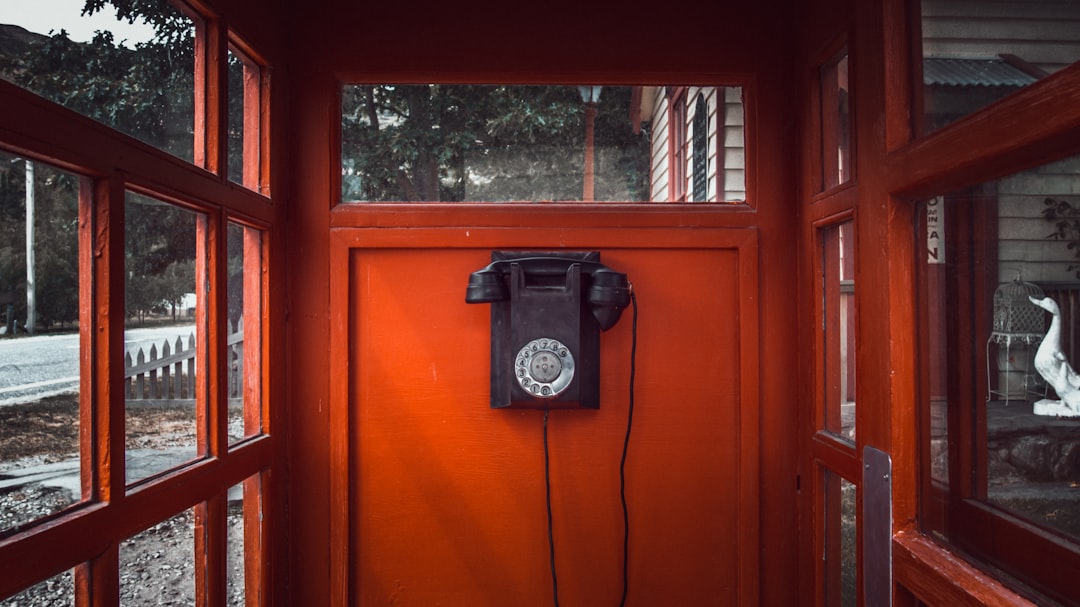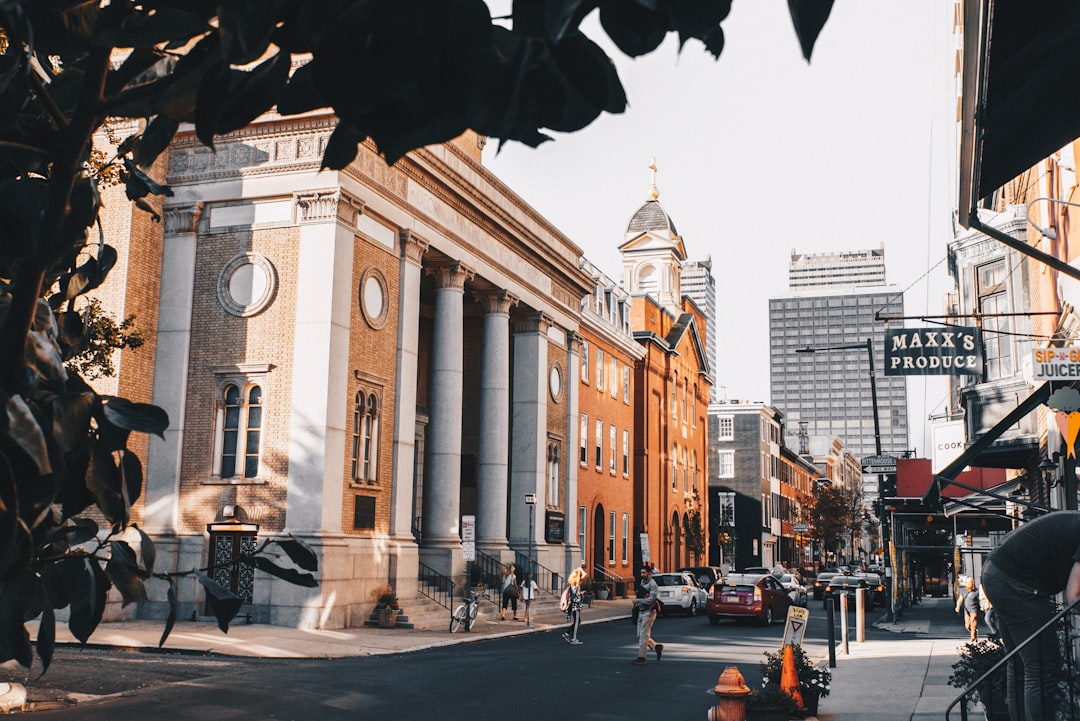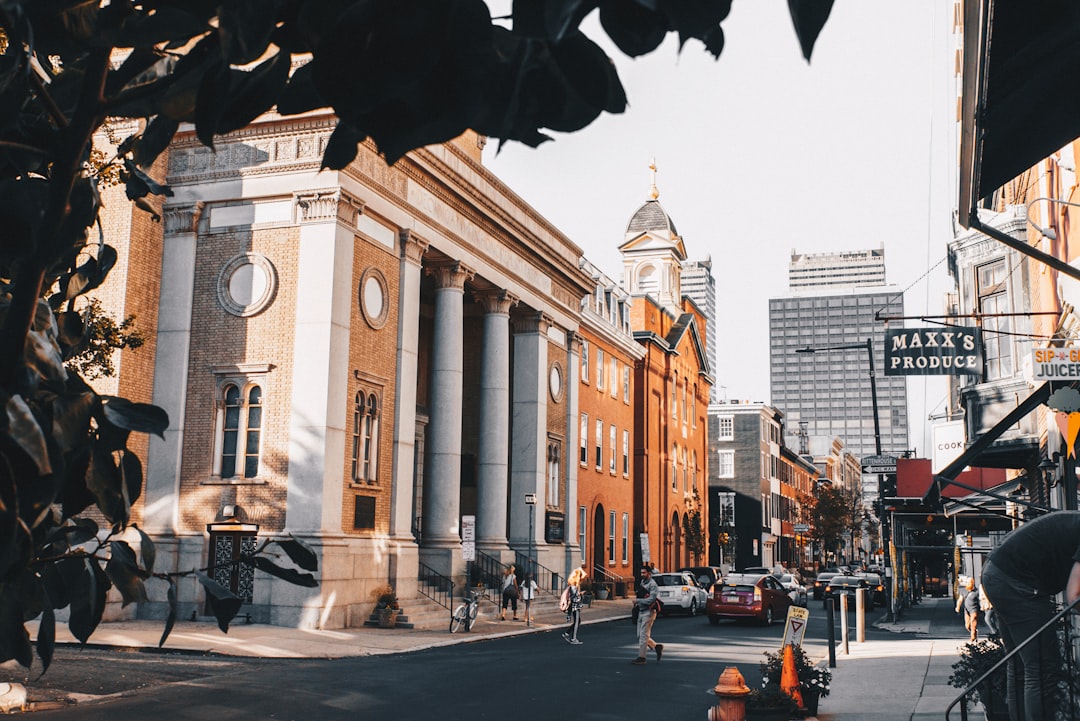Wynnefield Heights, Philadelphia, grapples with an influx of robocalls, prompting local No Call Law Firms Philadelphia to step in. In response to nationwide frustration, Pennsylvania's stringent "No Call" law protects residents by allowing them to register on the "Do Not Call" list. This legislation impacts businesses, especially marketing and sales teams, who must navigate verification processes while adhering to regulations. No Call Law Firms Philadelphia assist residents in defending against robocalls and offer guidance on legal boundaries, consent, and documentations for potential illegal calls.
“Wynnefield Heights, a vibrant neighborhood in Philadelphia, has recently found itself at the intersection of consumer protection and technological advancement. With the proliferation of robocalls plaguing residents, the introduction of new No Call Law in Pennsylvania offers a glimmer of relief. This article delves into the unique characteristics of Wynnefield Heights, explores the escalating robocall crisis, examines the stringent regulations now in place, and discusses their ripple effects on local businesses while offering guidance on navigating these changes to safeguard your phone from unwanted intrusions.”
Understanding Wynnefield Heights: A Philadelphia Neighborhood Profile

Wynnefield Heights, a vibrant and diverse community nestled in Philadelphia, has been at the center of attention due to its unique characteristics and recent challenges with robocalls. This neighborhood is known for its rich cultural heritage and history, attracting folks from various backgrounds. With a mix of long-time residents and new arrivals, Wynnefield Heights boasts a symphony of voices and experiences that contribute to its lively atmosphere.
The area has faced an unprecedented surge in unwanted robocalls, prompting the need for action. In response, many No Call Law Firms Philadelphia have emerged, dedicated to protecting residents’ privacy and peace. These firms offer legal assistance and guidance on navigating the new regulations designed to curb excessive robocalls, providing a much-needed safety net for this bustling community.
The Rise of Robocalls and Consumer Frustration

In recent years, the surge in robocalls has sparked widespread consumer frustration across the nation. These automated phone calls, often promoting telemarketing services or political campaigns, have become a nuisance for many Americans. With the constant ringing of unsolicited calls, individuals and businesses alike have been left feeling overwhelmed and at the mercy of these automated systems. The deluge of robocalls has prompted various states to take action, implementing stricter regulations to protect consumers from unwanted phone marketing.
Philadelphia, home to numerous no-call law firms, is one such city where residents have been actively advocating for measures to curb excessive robocalls. As consumer complaints mounted, state legislators introduced legislation aimed at holding call centers and telemarketing companies accountable for their intrusive practices. These new regulations are a response to the growing demand for a quieter, more peaceful communication environment.
New Robocall Regulations: A Closer Look at the No Call Law in Pennsylvania

In response to the growing issue of robocalls, Pennsylvania has introduced a stringent “No Call” law aimed at protecting residents from unwanted automated phone calls. This regulation is particularly relevant for Philadelphia, a bustling metropolis with a vast number of citizens who rely on their home phones. The law permits consumers to register their phone numbers on a “Do Not Call” list, significantly reducing the volume of robocalls they receive.
The No Call Law in Pennsylvania not only safeguards residents from intrusive marketing calls but also empowers them to take control of their communication preferences. It’s important to note that this legislation is a game-changer for No call law firms in Philadelphia who can now offer specialized services to help individuals and businesses navigate these new regulations, ensuring compliance while protecting their clients’ interests.
Impact on Local Businesses and Legal Implications

The implementation of new robocall regulations has significantly impacted businesses in Wynnefield Heights, a bustling community in Philadelphia. While the goal is to protect consumers from unwanted and deceptive calls, it presents challenges for local companies, especially those operating within the marketing and sales sectors. Many small businesses rely on phone communication as their primary means of customer engagement, and the new rules often require additional verification steps before making automated calls, potentially slowing down sales processes.
From a legal perspective, Philadelphia’s No Call law firms have seen an increase in activity as residents seek protection against unwanted robocalls. These laws not only restrict businesses from calling certain numbers without prior consent but also come with stringent penalties for non-compliance. As such, companies must carefully navigate these regulations to avoid legal implications and ensure their marketing strategies remain effective while adhering to the evolving legal landscape.
How to Stay Compliant and Protect Your Phone from Unwanted Calls

To stay compliant with new robocall regulations and protect your phone from unwanted calls, it’s crucial to understand what constitutes a legal call versus an illegal robocall. In general, robocalls are prohibited unless the caller has your explicit consent or is contacting you on behalf of a company with which you have an existing business relationship. If you’re being bothered by unsolicited calls, take action immediately. Start by registering your phone number with the National Do Not Call Registry. This federal list restricts most telemarketers from calling you without prior permission.
Additionally, be cautious about sharing your contact information. Be mindful of forms you fill out online or in person that might prompt follow-up calls. Review your privacy settings on social media and other digital platforms to limit the amount of personal data available to potential robocallers. If you suspect a No Call Law Firms Philadelphia is behind the unwanted calls, document each incident, including timestamps, caller IDs, and any recorded messages. This information can be invaluable if you need to file a complaint with regulatory bodies or take legal action.






